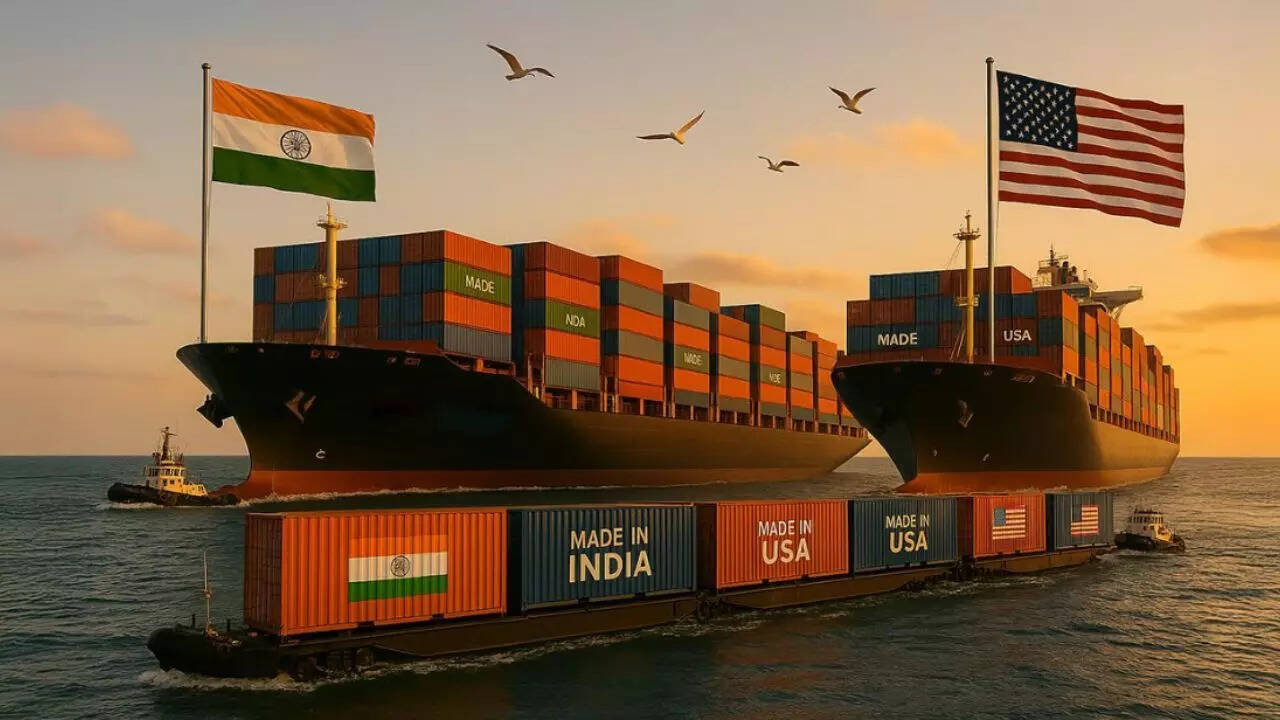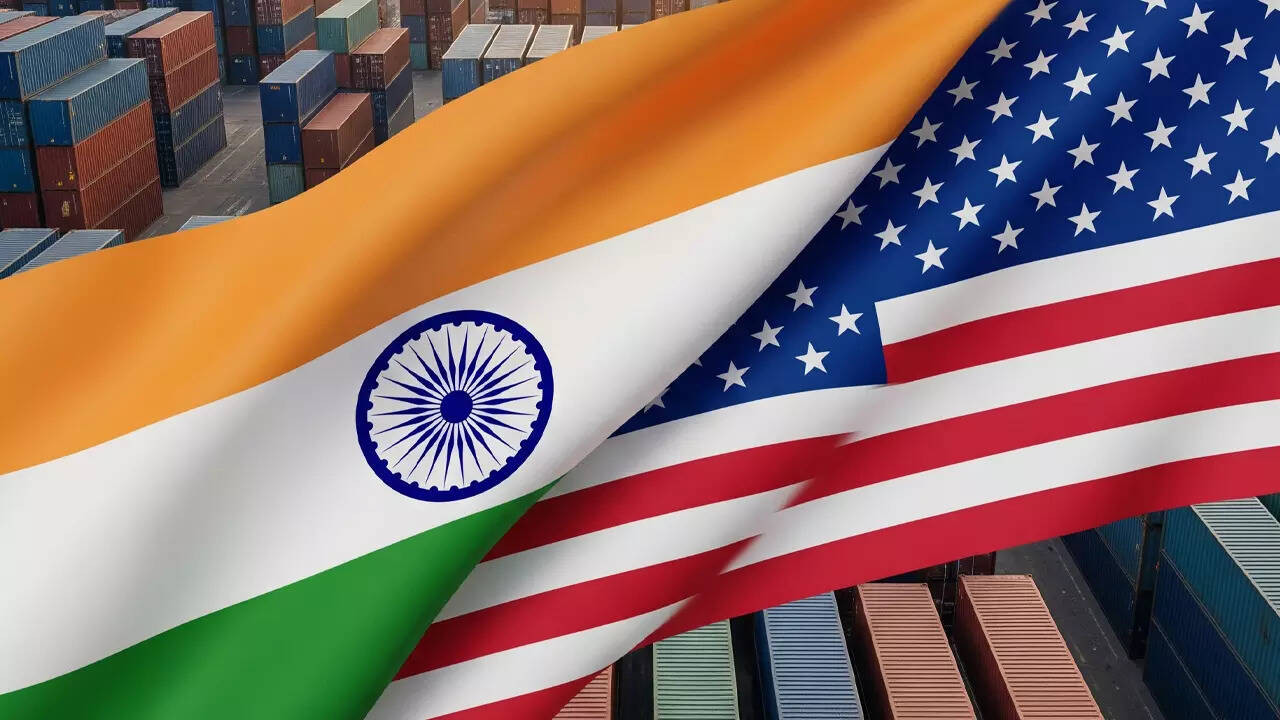Tightening US skilled immigration policies may drive Indian tech professionals to seek opportunities in Germany, Canada, and the UK. These countries are actively courting talent with streamlined visa programs and incentives. Simultaneously, China is launching a K-visa program for STEM professionals.
The Brain Drain is Real: Are H-1B Visa Changes Sending Indian Techies Westward?
For years, the American dream, often paved with the promise of an H-1B visa, has beckoned Indian tech talent. But the landscape is shifting. Recent rumblings out of Washington, specifically hikes in H-1B visa fees, are creating ripples of uncertainty, and other nations are seizing the opportunity. Instead of battling bureaucratic red tape and escalating costs in the US, highly skilled Indian professionals are increasingly eyeing greener pastures in Europe and Canada. The question is, will this exodus reshape the global tech landscape?
The Allure of Stability: Why Germany, the UK, and Canada are Winning
Imagine a world where your career trajectory isn’t constantly shadowed by visa renewals and policy changes. That’s the pitch Germany, the UK, and Canada are making. These nations are actively courting Indian tech professionals, emphasizing predictable immigration rules and a stable environment where careers can flourish without the constant threat of displacement. This emphasis on stability is proving incredibly attractive, especially for those weary of the H-1B lottery and its associated anxieties.
Germany, with its robust engineering sector and commitment to innovation, offers a compelling alternative. The UK, despite Brexit, remains a global hub for finance and technology, boasting a thriving startup scene and a welcoming atmosphere for skilled migrants. And then there’s Canada, consistently ranked among the most livable countries in the world, with a rapidly growing tech sector and immigration policies explicitly designed to attract skilled workers. They’re not just offering jobs; they’re offering a sense of belonging and a future.

These countries understand that attracting and retaining top tech talent is crucial for economic growth. They’re simplifying visa processes, offering pathways to permanent residency, and fostering inclusive work environments. This proactive approach is paying dividends, as anecdotal evidence and emerging data suggest a growing number of Indian professionals are choosing these destinations over the US.
H-1B Visa Fee Hikes: The Straw That Broke the Camel’s Back?
While the allure of Europe and Canada is undeniable, it’s important to understand the context driving this shift. The proposed increases in H-1B visa fees are undoubtedly playing a significant role. For many companies, especially startups and smaller firms, these additional costs represent a substantial burden. They might reconsider sponsoring foreign workers altogether, further shrinking opportunities for Indian professionals seeking to work in the US.
Moreover, the unpredictability surrounding H-1B visa policies in recent years has created a climate of uncertainty. Frequent changes and stricter enforcement have made it more challenging for companies to navigate the system and for individuals to plan their careers. This uncertainty, coupled with the financial strain of higher fees, is pushing many to explore more welcoming alternatives. This also affects those already in the USA, as many struggle to justify the escalating costs of renewals and dealing with increasingly stringent requirements.
The Impact on India’s Tech Sector
While the outflow of talent may seem detrimental to India’s tech sector, it’s a more nuanced situation. Many Indian professionals who gain international experience eventually return home, bringing with them valuable skills and knowledge that can contribute to the growth of the domestic industry. This “brain circulation” can be beneficial in the long run, fostering innovation and collaboration across borders. However, it’s crucial for India to continue investing in its own tech ecosystem to retain talent and attract those who have ventured abroad. We have a growing tech sector with plenty of home grown opportunities. Check out our analysis of the Indian software development landscape for more on that topic.
Shaping the Future of Global Tech
The potential shift in the destination of Indian tech talent has significant implications for the global tech landscape. If Germany, the UK, and Canada can successfully attract and retain these skilled professionals, they could emerge as major players in innovation and technology development. This could lead to a more diversified and competitive global tech market, benefiting consumers and businesses alike.
Ultimately, the flow of talent is driven by opportunity and stability. The nations that offer the most attractive combination of these factors will likely be the winners in the long run. While the US remains a powerful force in the tech world, it needs to address the concerns surrounding its immigration policies to maintain its competitive edge. The world is changing, and tech talent is more mobile than ever. This situation calls for a proactive and thoughtful approach to immigration policies to ensure a continued access to the world’s best and brightest.







